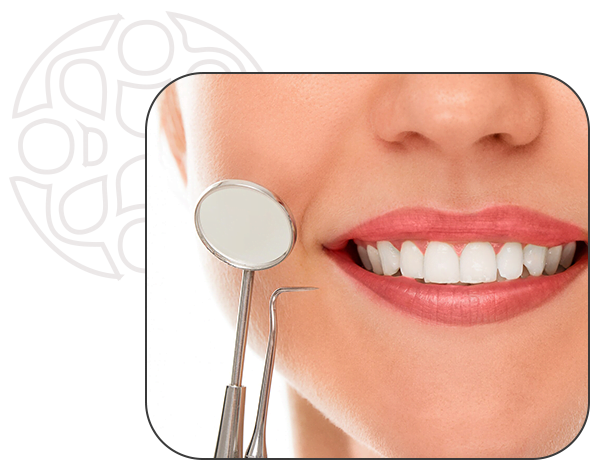Jaw Joint Treatments
The jaw joint is also known as the temporomandibular joint (TMJ) and contributes to oral functions such as opening and closing the mouth, chewing, and speaking. TMJ problems can occur due to various reasons and these problems are called temporomandibular joint disorder (TMD).

Contact
Contact us to get Offer and Treatment!
What are the Temporomandibular Joint Treatments?
The field of work of oral, dental and maxillofacial surgery is quite wide. It covers various diseases and disorders, from tooth extraction to treatment of jaw fractures, from treatment of jaw tumors to detection of cysts and abscesses, from prosthesis applications to the arrangement of tissues before orthodontic treatment, to the aesthetic and medical treatment of hereditary or acquired pathological problems.
Why Should You Have Temporomandibular Joint Treatment?
Jaw joint treatment can improve the patient's quality of life by reducing symptoms such as pain, chewing difficulties and discomfort that occur due to temporomandibular joint (Jaw joint) problems. This treatment can also relieve discomfort such as headaches, facial pain and teeth grinding that may occur due to jaw joint disorders. Additionally, jaw joint therapy can support long-term tooth and jaw health by improving jaw mobility and chewing function.
What are the Types of Jaw Joint Treatments?
Medication: Anti-inflammatory medications, muscle relaxants or painkillers may be used to control pain, inflammation and muscle spasms.
Physical Therapy: Physiotherapists can apply a variety of exercises and techniques to strengthen the jaw joint and surrounding muscles, increase flexibility and reduce pain.
Mouthguard (Occlusal Splint): Protective mouthguards can be used against teeth clenching or grinding problems throughout the night. This can reduce stress by keeping the jaw in the correct position.
Cold and Hot Application: In cases of pain and swelling, cold or hot application can be applied to the jaw area.
Biological Therapies: In some cases, biological treatments such as plasma enriched platelet (PRP) injections may be used.
Dental Treatments: If jaw joint problems are related to tooth structure or bite irregularities, dental corrections or prosthetic applications may be considered.
Surgical Interventions: Rarely, surgical intervention may be required for jaw joint problems. Such interventions are generally considered a last resort and are considered when more conservative treatment methods have failed.
What Should Be Considered in Temporomandibular Joint Treatment?
In jaw joint treatment, a comprehensive examination and, if necessary, radiological imaging should be performed for correct diagnosis. The treatment plan to be applied should be customized to the patient's individual condition and symptoms. Regular follow-up and control visits of the patient during the treatment process are important to evaluate the effectiveness of the treatment.
What is the Success Rate of Temporomandibular Joint Treatment?
The success rate of jaw joint treatment varies depending on the condition in which the treatment is applied, the individual condition of the patient and the treatment method used. Generally, with a proper diagnosis and an effective treatment plan, most jaw joint problems can be treated successfully. However, success rates may vary depending on the specific situation and therefore differ for each patient. A specialist dentist or oral surgeon will evaluate the patient's condition and determine the most appropriate treatment plan.
As Dentaly Clinic, we are here to offer professional solutions to jaw joint problems for beautiful smiles!
Contact Us!
If you are considering jaw joint treatment for a healthy, aesthetic and functional smile, you can contact the experienced team of Dentaly Clinic. You can contact us to make an appointment and get more information.
Your smile is important to us; Dentaly Clinic opens its doors to healthy and beautiful smiles!


